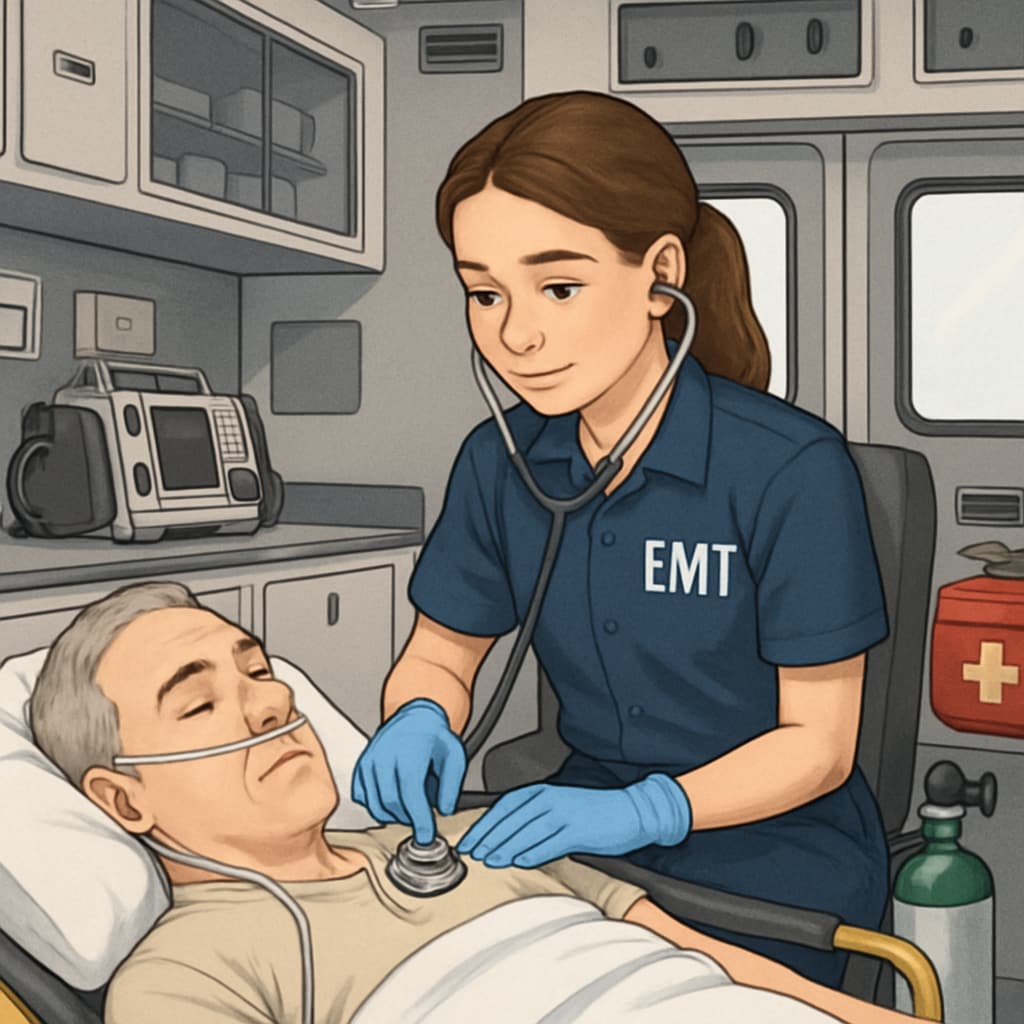For K12 students pursuing a career in healthcare, understanding how to balance nursing programs, college transfers, and EMT experience is essential. Preparing for a future in nursing requires careful planning and a strong foundation, but it’s equally important to embrace the vibrant campus life that comes with higher education. This article provides actionable advice for aspiring nursing students to excel in their academic and professional journey while enjoying a well-rounded college experience.
Nursing Programs and Academic Preparation: Start Early
Preparing for a nursing career begins long before college admission. High school students should focus on building a strong academic profile, especially in science and healthcare-related subjects. Advanced Placement (AP) courses in biology, chemistry, and anatomy can provide an excellent foundation. Additionally, volunteering at hospitals or clinics can offer valuable real-world exposure to the field of nursing.
For students considering nursing programs, it’s important to research colleges that offer accredited Bachelor of Science in Nursing (BSN) or Associate Degree in Nursing (ADN) programs. Accreditation ensures the program meets quality standards and prepares students for the NCLEX-RN licensing exam. Websites like the National League for Nursing provide valuable resources for finding accredited programs.

College Transfers: Navigating the Transition
Not all students start their nursing education at their final institution. Many begin at community colleges and later transfer to four-year universities. This pathway can be cost-effective and allows students to complete prerequisites before diving into rigorous nursing coursework. To ensure a smooth transfer, students should:
- Research articulation agreements between community colleges and universities.
- Work closely with academic advisors to align coursework with transfer requirements.
- Maintain a competitive GPA, as nursing programs can be highly selective.
By planning ahead, students can minimize credit loss and stay on track to earn their nursing degree. For more tips on transferring, the Accredited Schools Online Guide is a helpful resource.
EMT Experience: A Stepping Stone to Nursing
Gaining hands-on experience in emergency medical services (EMS) can be a significant advantage for aspiring nurses. Becoming a certified Emergency Medical Technician (EMT) not only enhances your resume but also develops critical skills such as patient care, communication, and quick decision-making. Many nursing programs value applicants with healthcare experience, and EMT certification can set you apart.
Here’s how to get started:
- Enroll in an EMT training course, which typically takes 3-6 months to complete.
- Pass the National Registry of Emergency Medical Technicians (NREMT) exam.
- Work or volunteer as an EMT to gain real-world experience.
Balancing EMT responsibilities with academic demands can be challenging, but the rewards are worth it. This experience provides a solid foundation for the clinical aspects of nursing programs.

Embracing Campus Life: Finding Balance
While academic and professional preparation is crucial, college is also a time to explore personal growth and build meaningful connections. Participating in campus activities, joining clubs, and attending events can enrich your college experience. For nursing students, joining healthcare-related organizations such as the Student Nurses Association can provide networking opportunities and peer support.
To balance academics with extracurriculars:
- Create a structured schedule to manage time effectively.
- Prioritize self-care to maintain physical and mental well-being.
- Set realistic goals for both academic and personal achievements.
By integrating campus life with professional pursuits, students can develop a holistic skill set that prepares them for the multifaceted demands of a nursing career.
Conclusion: Crafting a Well-Rounded Path to Nursing
The journey to becoming a nurse is both challenging and rewarding. By focusing on academic preparation, leveraging college transfer opportunities, gaining EMT experience, and embracing campus life, K12 students can set themselves up for success. Remember, achieving balance is key—prioritize your professional goals while making time to enjoy the unique experiences that college offers.
With careful planning and dedication, you can build a fulfilling career in nursing while making the most of your educational journey.
Readability guidance: Use short paragraphs and lists to summarize key points. Distribute transitions evenly throughout the text (e.g., however, therefore, in addition). Ensure a balance between active voice and concise sentences to enhance readability.


